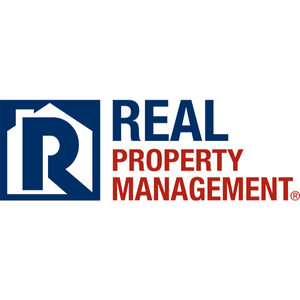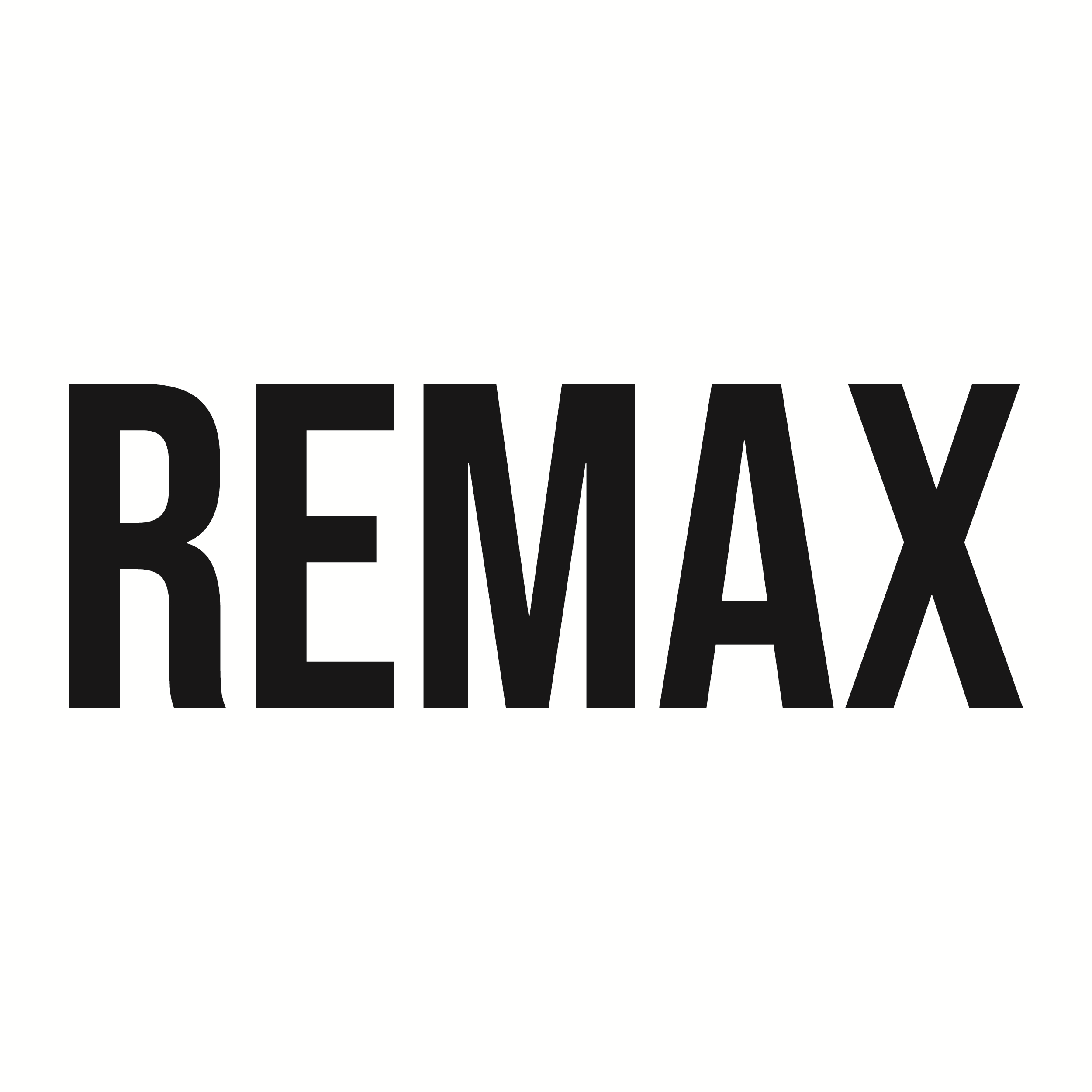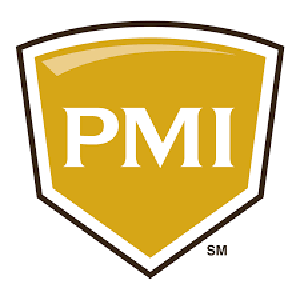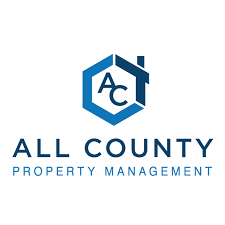Real Property Management Franchise in 2025: Costs, Fee & FDD
Explore the costs, fees, and key benefits of investing in a Real Property Management franchise, the largest property management brand in North America. Discover its proven recurring revenue model, industry-leading support, and growth potential.
Table of Contents:
Real Property Management (RPM) has an impressive backstory that began in 1986 when Kirk McGary chose property management over fast food as a college job. Fast forward to 2005, after building a successful business in the field, Kirk teamed up with entrepreneur Doug Oler to launch the first RPM franchise. Together, they grew the company into the largest property management organization in North America. With over 400 locations across the U.S. and Canada, RPM’s journey highlights its resilience, innovation, and a clear vision of helping others succeed in the property management industry.
The core services of RPM revolve around managing residential properties for homeowners, investors, and landlords. These services include tenant placement, rent collection, maintenance, inspections, and accounting, catering to a wide range of property owners who need professional management of their rental properties. The company also offers ancillary services like eviction protection and legal support, making it a one-stop-shop for property management. Their core customers are property owners looking for a hassle-free, reliable solution to manage their real estate assets, especially within residential rental markets.
In terms of scale, RPM operates over 400 franchised locations across the U.S. and Canada, and it’s showing no signs of slowing down. The franchise network manages tens of thousands of rental properties and serves a growing customer base of property investors and landlords. Their presence in two major countries reflects their well-established market reach, allowing them to leverage economies of scale and consistently grow their footprint in North America.
One of the standout features of RPM is its franchise support system. Franchisees receive comprehensive training in property management, legal compliance, and business operations. They also have access to cutting-edge technology systems, best-in-class marketing tools, and a well-refined operational model that has been honed over the years. Additionally, RPM provides continuous support, ensuring that each franchisee is set up for success and equipped to handle both the daily tasks and long-term growth strategies of running a property management business.
Real Property Management Franchise Insights
- RPM has over 400 locations across the U.S. and Canada, making it the largest property management franchise in North America.
- On average, each RPM franchise manages 286 properties, providing a solid recurring revenue stream through monthly management fees and other services.
- RPM’s franchise network manages tens of thousands of properties, handling everything from tenant placement to legal support, which drives high customer retention.
Real Property Management Franchise Key indicators
Growth YOY (%)
9%
vs industry 4%
Total U.S. Franchised Units
423
3-Year Failure Rate
6%
vs industry 16%
Sales-to-Investment ratio
3.6:1
How much does it cost to open a Real Property Management franchise?
Understanding the potential investment size and capital requirements is crucial when considering opening a Real Property Management franchise. These financial commitments, including initial franchise fees, equipment costs, and ongoing operational expenses, impact the feasibility and profitability of the venture. Thoroughly evaluating these factors ensures that potential franchisees are prepared for the financial responsibilities and can make informed decisions about their ability to sustain and grow the business, ultimately contributing to long-term success.
Min & Max Investment
Opening a Real Property Management franchise involves several key costs, which are outlined in Item 7 of the Franchise Disclosure Document (FDD). You can see a breakdown of the costs to open a Real Property Management below from the most recent Item 7 below:
| Type of Expenditure | Minimum Investment | Maximum Investment |
|---|---|---|
| Initial Franchise Fee | $59,900 | $59,900 |
| Marketing | $8,000 | $8,000 |
| Real Estate/Rent | $2,250 | $6,000 |
| Vehicle | $3,000 | $5,000 |
| Insurance | $6,250 | $7,250 |
| Equipment and Supplies | $2,500 | $5,000 |
| Training, Travel, Lodging, and Food | $1,000 | $1,500 |
| Property Management Software | $1,028 | $1,028 |
| System Technology Fee | $240 | $240 |
| Task Management and Lead Management Software | $300 | $300 |
| Licenses, Permits, Subscriptions | $750 | $2,000 |
| Legal & Accounting | $1,500 | $5,000 |
| Additional Funds (first 12 months) | $5,000 | $175,000 |
| TOTAL | $91,718 | $266,218 |
Item 7 in the Franchise Disclosure Document (FDD) is the “Estimated Initial Investment” section. It outlines the total costs a franchisee can expect to incur when starting a franchise, including the initial franchise fee, equipment, inventory, real estate, and other startup expenses. This section is crucial because it provides potential franchisees with a detailed understanding of the financial commitment required, helping them assess affordability and plan their investment strategy effectively.
Required Capital
To open a Real Property Management franchise or a similar property management franchise, you’ll need to ensure you have the proper financial foundation in place. Here’s an overview of the required capital, liquid assets, and net worth to get started:
- Total Initial Investment Typically, the total investment for an RPM franchise ranges from $92,000 to $266,000, covering expenses like office setup, equipment, marketing, and initial operational costs. Assuming that you will finance your franchise investment, you should plan to have 20% of the total investment amount in the form of equity (cash) for the investment.
- Liquid Assets Requirement It’s common for franchises in this industry to require at least $50,000 to $100,000 in liquid assets. This ensures you have enough working capital to cover early operational expenses and any unexpected costs.
- Net Worth Requirement While specific net worth requirements vary, having a net worth of $200,000 to $500,000 is typical for property management franchises. This helps demonstrate financial stability and the ability to scale the business as it grows.
How much does a Real Property Management franchise owner make?
Calculating the salary of a Real Property Management franchise owner involves analyzing gross sales to determine total revenue, assessing operational efficiency to understand profit margins, and accounting for franchisor fees and additional expenses such as rent, utilities, and payroll. Effective management of these factors can significantly impact the profitability and financial success of a Real Property Management franchise owner. This comprehensive financial analysis helps estimate net profits, from which the owner’s salary can be derived. A clear understanding of these factors ensures accurate salary projections and financial planning for sustainable business operations.
Real Property Management Revenue & Gross Sales
Real Property Management franchisees have demonstrated strong revenue performance, with a median gross sales of $636,477. This figure reflects the earning potential of franchisees, driven by the recurring revenue model typical in property management. As the demand for professional property management services continues to grow, RPM franchisees benefit from a scalable business with consistent income streams from their managed properties.
Which key factors impact the average revenue performance of Real Property Management franchisees?
Several factors likely contribute to the strong performance of Real Property Management franchisees in the U.S. First, the growing demand for professional property management services, fueled by the expanding rental market, plays a significant role. With more property owners seeking reliable management for their investments, RPM’s established reputation and proven systems provide a competitive edge. Additionally, franchisees benefit from streamlined operations, advanced technology, and comprehensive support, allowing them to efficiently manage a high volume of properties. The recurring revenue model, through monthly management fees, also ensures consistent income, while the strong training programs empower franchisees to capitalize on market opportunities.
Real Property Management Franchise Operational Costs
When opening a Real Property Management franchise, it’s essential to understand the primary ongoing operational costs specific to running a property management business. These costs are crucial for maintaining smooth operations and ensuring long-term success. Below are the key expenses to consider:
- Staffing Salaries for property managers, maintenance staff, and administrative support to handle day-to-day operations.
- Technology & Software Subscription fees for property management software, CRM systems, and accounting tools that streamline operations.
- Office Expenses Rent, utilities, and general office supplies to maintain a professional space for managing client interactions and paperwork.
- Marketing & Client Acquisition Ongoing local marketing campaigns, digital advertising, and networking efforts to attract new property owners.
By managing these core operational costs effectively, you can help ensure the profitability and growth of your franchise over time.
Real Property Management Franchise Fees
When opening a Real Property Management franchise, it’s essential to understand the fees associated with maintaining your business and the support you’ll receive from the franchisor. These fees ensure franchisees have access to key resources like training, technology, and marketing support, which are critical for long-term success. Below is a breakdown of the ongoing fees you can expect:
- License Fee Franchisees will pay the greater of 7% of Non-Maintenance Gross Sales and 3% of Maintenance Revenues, or a minimum license fee. This minimum fee starts at $0 for the first four months, gradually increasing to $250 per month for months 5-12, $500 for months 13-24, and $1,000 thereafter. This structure offers flexibility for new franchisees while scaling as the business grows.
- Marketing, Advertising, and Promotion Fund Fee This fee amounts to 2% of Non-Maintenance Gross Sales, ensuring franchisees benefit from national marketing initiatives that drive customer acquisition and brand visibility.
- Additional Fees There are additional fees for training programs, technology, and other items provided by Real Property Management that may be applied.
Understanding these fees helps franchisees plan their financial commitments and maximize the resources available to them, ultimately driving business growth and sustainability.
Real Property Management Franchise Earnings
The earnings of a Real Property Management franchise owner can vary depending on factors such as location, operational efficiency, and how involved the owner is in daily operations. For owner-operators who actively manage their business, earnings can be substantial. Based on recent data, the median gross sales for a Real Property Management franchise are around $636,477.
For owner-operators, estimated earnings are approximately $140,000, reflecting an operating profit margin of 22%. This demonstrates the potential profitability for those who take an active role in running their franchise. Hands-on involvement can improve efficiency, customer satisfaction, and overall profitability, making Real Property Management a promising opportunity for dedicated entrepreneurs.
How to Open a Real Property Management Franchise
Becoming a Real Property Management franchisee involves a well-structured process that guides prospective owners from initial interest to fully operational ownership. Here’s a breakdown of the key steps to help you understand what to expect:
- Initial Inquiry You or your franchise specialist submits an initial inquiry basic information about your interest and background. You should also conduct thorough research on the franchise, including seeing all of the information available on the Vetted Biz franchise intelligence platform, including access to the most recent Franchise Disclosure Document (FDD).
- Franchise Application Once connected, you’ll fill out a formal franchise application, detailing your financial standing and business goals to assess your eligibility.
- Discovery & Meeting the Team Engage in a discovery process where you’ll learn about the franchise model, meet with the corporate team, and dive into details about the business structure and support.
- Franchise Agreement Signing You’ll sign the franchise agreement and officially become a part of the RPM network.
- Training and Onboarding Participate in a comprehensive training program that covers everything from property management operations to marketing and technology tools.
- Setting Up Operations With support from the corporate team, you’ll set up your office, hire staff, and begin marketing your services in your territory.
- Grand Opening Once everything is in place, you’ll launch your Real Property Management franchise and start serving clients in your local market.
Pros & Cons
Pros
Recurring Revenue Model: Property management offers consistent income through monthly management fees, providing a reliable and scalable revenue stream.
Growing Industry Demand: With the rise in rental properties and real estate investors, the demand for professional property management services continues to grow, creating a solid market opportunity.
Established Brand: As the largest property management franchise in North America, Real Property Management has a well-established reputation, which can help attract clients and build trust.
Cons
Initial Setup & Operational Complexity: Property management involves dealing with tenants, property owners, and maintenance issues, which can be complex and require strong organizational skills.
Highly Regulated Industry: Managing rental properties involves navigating local and state regulations, which can add complexity and require careful compliance management.
Competition: The property management industry is competitive, especially in urban areas, so franchisees need to focus on customer service and efficiency to stand out.




